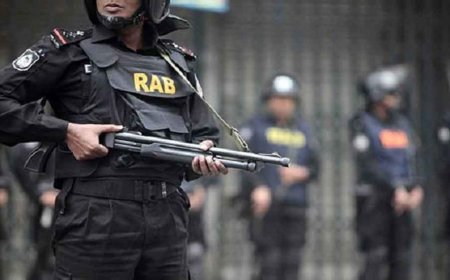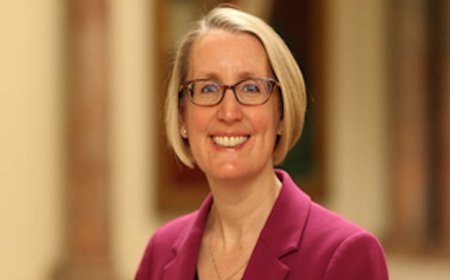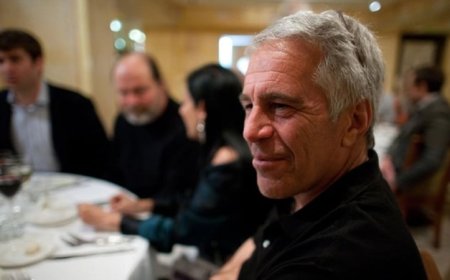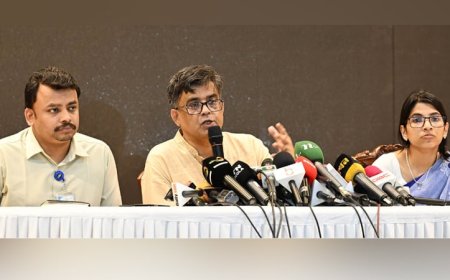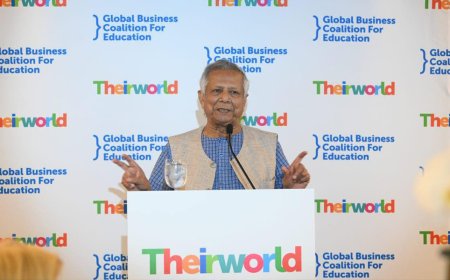Parties reach consensus to limit prime minister's tenure to 10 years, agree on establishing an independent police commission
Parties reach consensus to limit prime minister's tenure to 10 years, agree on establishing an independent police commission.
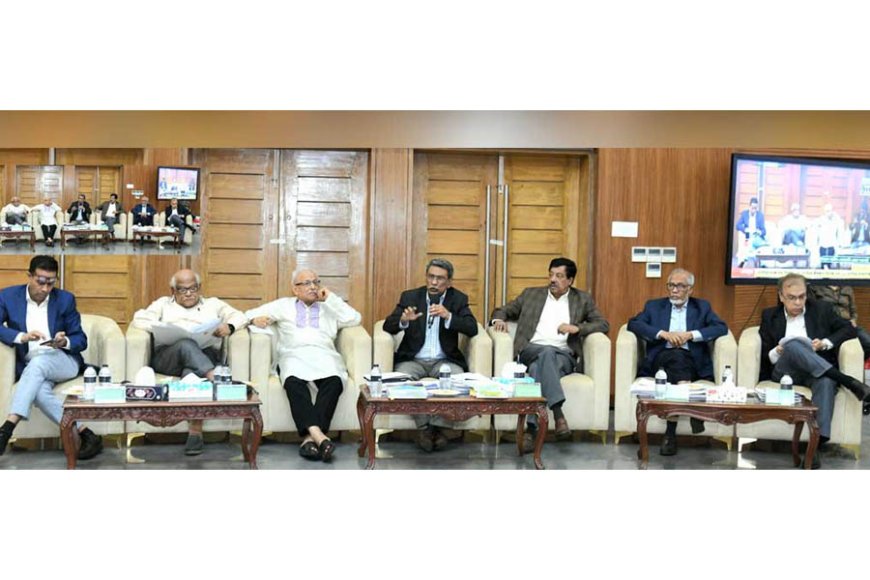
Political parties have reached a consensus that no individual should serve as prime minister for more than 10 years, according to a report by bdnews24.com.
They have also agreed in principle to the creation of an independent police commission aimed at enhancing accountability within the force.
Ali Riaz, Vice-Chairman of the National Consensus Commission, confirmed the developments on Sunday following the 19th session of the second phase of dialogue on state reform with political parties.
“We have now agreed on something that had not been mentioned before — the prime minister’s term will be limited to 10 years,” Riaz stated. “This will now be incorporated into the charter. Are we all on board?” he asked.
BNP senior leader Salahuddin Ahmed echoed the sentiment, noting: “We previously proposed that no one should hold the office of prime minister for more than 10 years. I had added a condition — we wouldn’t support this if constitutional and statutory appointments remained under an executive committee.
“But if the Election Commission is formed based on this forum’s consensus and included in the constitution, we are ready to withdraw our objection. You can now declare the 10-year cap — it was, in fact, our proposal.”
Earlier in the same session, the Consensus Commission presented a proposal to establish an independent police commission to ensure professionalism and accountability within the Bangladesh Police.
The parties endorsed the proposal in principle and agreed to continue working on its legal structure.
“We are unanimous in supporting the Police Commission,” said Riaz. “The political parties have agreed to establish an independent body that promotes accountability, transparency, and a service-oriented police force.”
According to the draft, the proposed Bangladesh Police Commission will be headed by a retired Appellate Division judge under the age of 72. The member secretary will be a retired police officer of additional inspector general (AIG) rank, not older than 62.
The commission will also include the speaker of parliament, the deputy speaker (who must come from the opposition), the leader of the house, and the leader of the opposition. Additional members will include a Supreme Court lawyer with at least 15 years of High Court experience, a human rights activist with over 10 years of field work, and another retired AIG-level officer.
At least two members of the commission must be women. Some members will be selected by a panel composed of the home minister, the chair of the parliamentary standing committee on home affairs, and a High Court judge with at least 10 years of experience.
The chairperson and member secretary will serve in full-time roles, while the remaining seven members will serve voluntarily, receiving honorariums as per legal provisions for attending meetings and official duties.
The commission’s duties, powers, resignation procedures, and removal mechanisms will be outlined in law. Its decisions will be made based on the majority opinion of its members.
What's Your Reaction?










